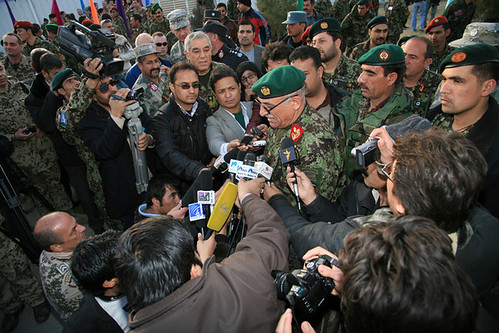When you are involved in a legislative event, it can be helpful to understand a few key tips that can help things to go much more smoothly. First, introductions to policymakers should be brief. Lobbyists often make the mistake of speaking too long in introductions while attempting to do a suitable job. An effective introduction should provide essential information such as the district or state represented, committee assignments and one or two accomplishments which the representative is particularly proud of. You should also include anything specific regarding the issue that is being discussed.

It is also important to confirm the logistics and time limits well in advance with the member’s staff. At the same time, confirm essential information such as the length of the speech and whether reporters will be present.
Whenever there is more than one congressional member participating in an event, there is the potential for the event to become complicated. This is why it is particularly important for such events to be carefully orchestrated ahead of time.
As a general rule of thumb, senators are typically recognized before House members and members of  the House leadership are usually recognized before other members. With that said, members of Congress can be sensitive about their order of appearance, therefore it is best to allow them to work out the speaking order themselves if matters become complicated.
the House leadership are usually recognized before other members. With that said, members of Congress can be sensitive about their order of appearance, therefore it is best to allow them to work out the speaking order themselves if matters become complicated.
Always observe congressional ethics rules regarding gifts, sponsored activities and meals, and make sure you are current on those rules.
If you are going to use a congressional facility, be aware of the rules. For instance, some congressional hearing rooms prohibit taping signs to walls. Signage may be limited. Make a point to arrive early and have multiple staff contacts in case there are logistical problems.
Be prepared to fill time if the featured speaker should be delayed or needs to leave abruptly or even cancels before the event. Hopefully you will not need to fill much time, but if the need arises it is better to be prepared.
Finally, mind your words. Make sure you know who is in the room and assume the press is present even if you are not aware of it.
To learn more about advocacy on Capitol Hill, consider TheCapitol.Net’s 1-day workshop Strategies for Working with Congress.
Reference: Lobbying and Advocacy, by Deanna Gelak, Section 10.50 Tips for Coordinating Legislative Events.
Courses
- Congressional Operations Briefing – Capitol Hill Workshop
- Drafting Federal Legislation and Amendments
- Writing for Government and Business: Critical Thinking and Writing
- Custom, On-Site Training
- Drafting Effective Federal Legislation and Amendments in a Nutshell, Audio Course on CD
- Congress, the Legislative Process, and the Fundamentals of Lawmaking Series, a Nine-Course series on CD
Publications

Legislative Drafter’s Deskbook: A Practical Guide

Pocket Constitution

Citizen’s Handbook to Influencing Elected Officials: A Guide for Citizen Lobbyists and Grassroots Advocates

Congressional Procedure
CongressionalGlossary.com, from TheCapitol.Net
For more than 40 years, TheCapitol.Net and its predecessor, Congressional Quarterly Executive Conferences, have been teaching professionals from government, military, business, and NGOs about the dynamics and operations of the legislative and executive branches and how to work with them.
Our custom on-site and online training, publications, and audio courses include congressional operations, legislative and budget process, communication and advocacy, media and public relations, testifying before Congress, research skills, legislative drafting, critical thinking and writing, and more.
TheCapitol.Net is on the GSA Schedule, MAS, for custom on-site and online training. GSA Contract GS02F0192X
TheCapitol.Net is now owned by the Sunwater Institute.
Teaching how Washington and Congress work ™

